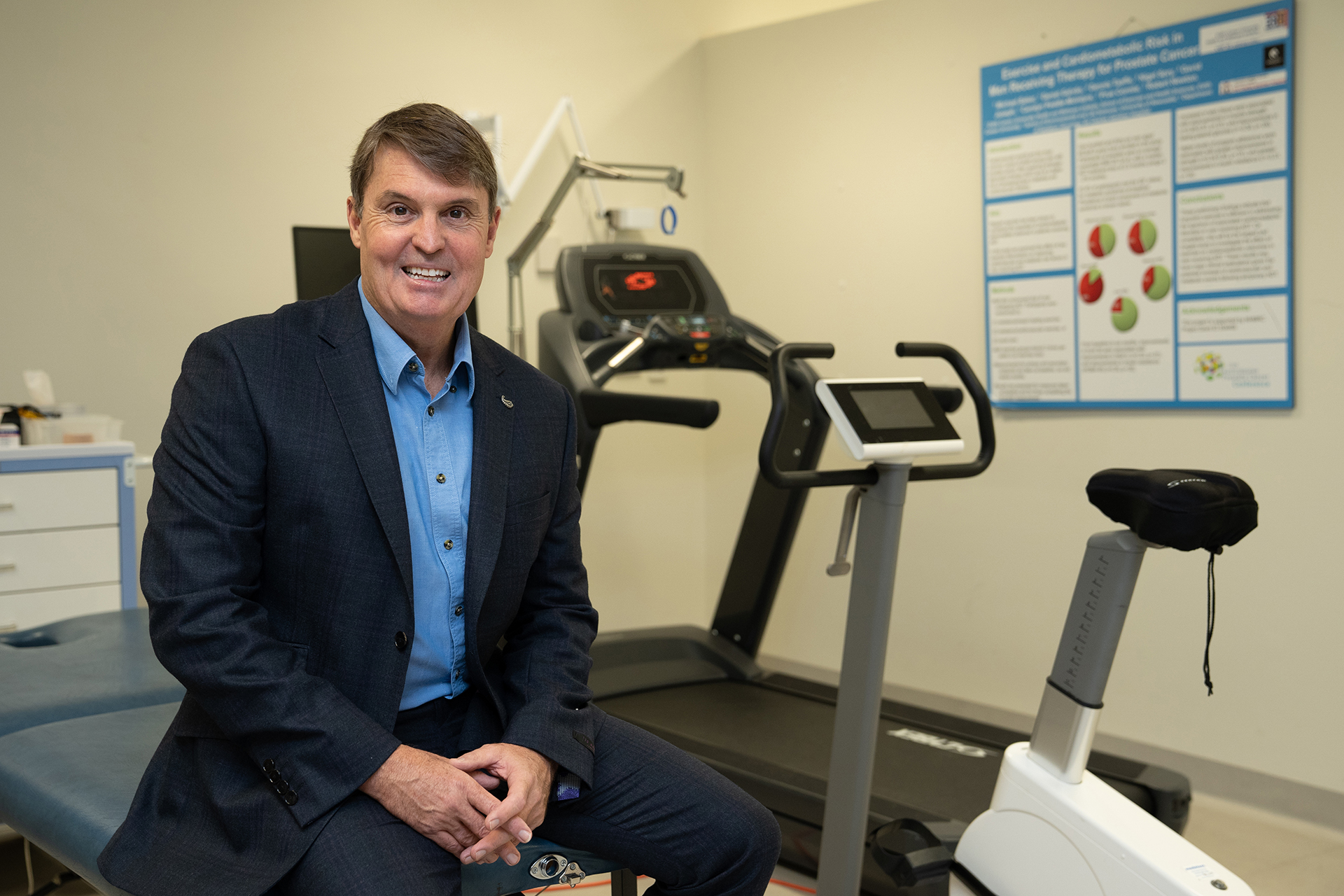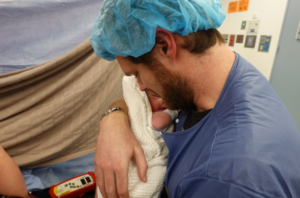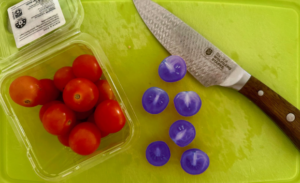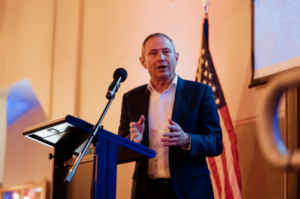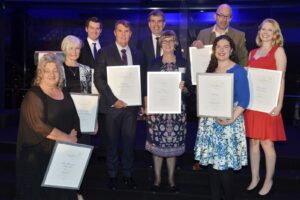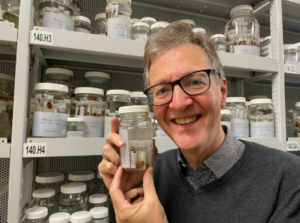It was a Friday night.
Rob Newton, an Australian exercise scientist working at Penn State University, had just driven home through the snow after a late evening training session with an elite athlete.
The athlete hadn’t showed, and Rob’s wife wasn’t impressed.
She told him she didn’t know why he spent his time working with athletes.
“Why don’t you do something important and meaningful?” she asked.
It was a defining moment for Rob.
From the podium to the doctor’s office
For years, Rob had worked with athletes at the top of their game – from the Australian Wallabies to NFL, NBA and English Premier League teams.
Instead, he shifted his research to older men, looking at how to improve their strength and power to slow the functional decline that occurs as we age.
In the mid-1990s, another turning point came when Rob’s father was diagnosed with prostate cancer.
After surgery and radiation therapy, his father’s doctor told him to rest.
“He just sat in his chair in the sun at the front of the house, and I could see that he was declining,” Rob says.
Rob tried to get his father to exercise but his father resisted, citing his doctor’s advice.
Two years after the diagnosis, Rob’s father died from a stroke.
“The stroke was the result of this rest strategy that he’d adopted, and clinical practice at the time,” Rob says.
Exercise as cancer medicine
Around that time, ECU was recruiting a Foundation Professor of Exercise and Sports Science and asked Rob to apply.
Rob told the recruitment panel he wanted to research exercise as a medicine in the management of cancer because he believed current best practice was flawed.
When he arrived in WA in 2003, Rob launched a series of trials, starting with prostate cancer.
He has now completed some 38 randomised controlled trials into exercise and cancer.
They include people with breast, lung, ovarian, pancreatic and a type of brain cancer as well as mesothelioma and span from diagnosis to the end of life.
Get sweaty to increase survival
Rob says research into tens of thousands of people shows that cancer patients who exercise live longer than those who are sedentary.
That’s not just because of the overall health benefits of exercise – cancer patients who exercise are less likely to die from their cancer.
“So there’s something about exercise that actually suppresses the development of the cancer,” Rob says.
Rob says targeted exercise produces changes in the body of cancer patients that slow cell proliferation and increase the death of cancer cells.
He says if a patient exercises each day they are effectively dosing themselves with internal anti-cancer medicine.
Part of his team’s research is to understand the mechanisms behind this effect.
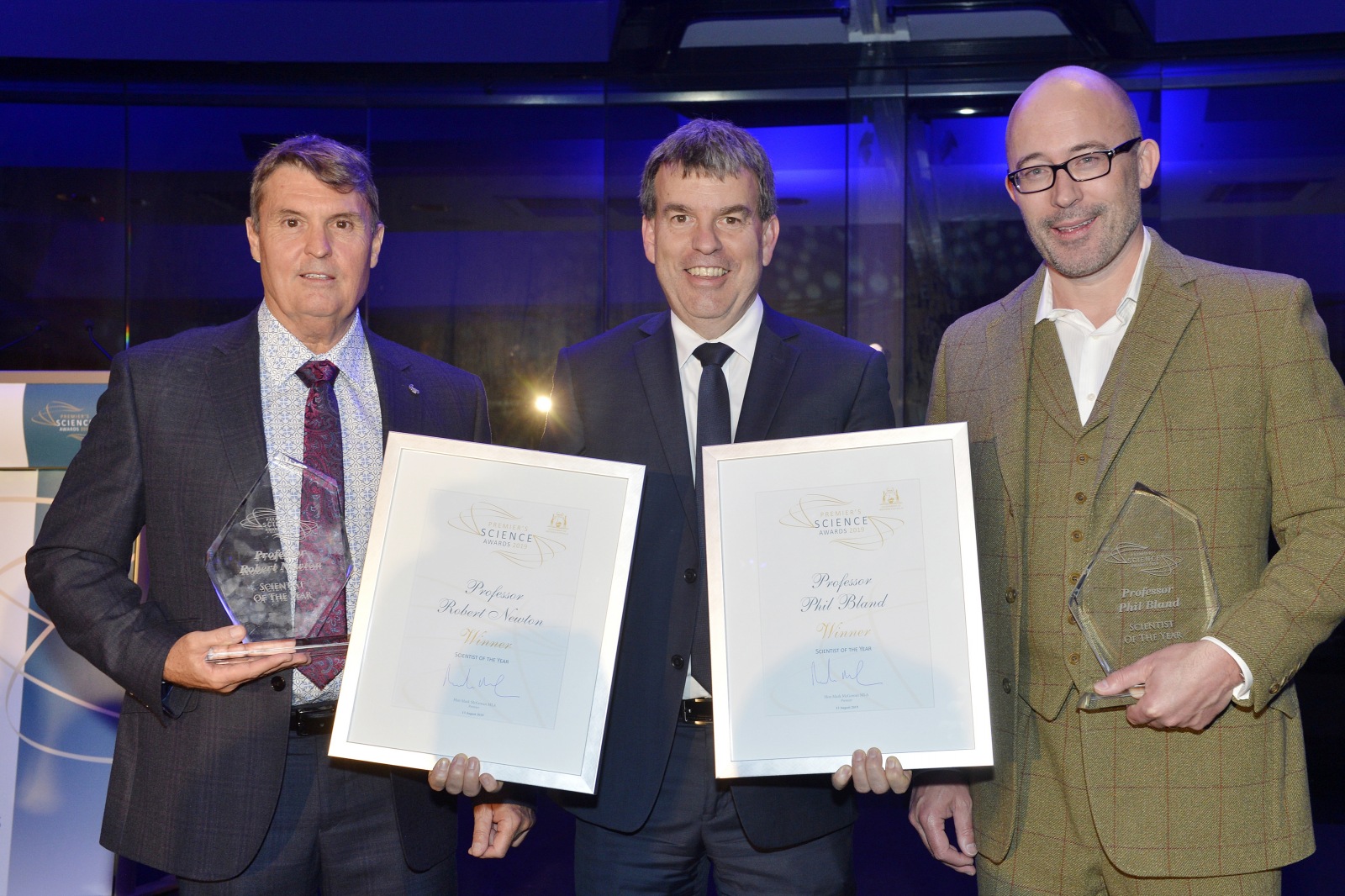
Rob is the lead investigator on a $10 million research grant from Movember for a randomised controlled trial of exercise in men with advanced prostate cancer.
“We’re trying to see if we can increase their survival by 4 months … which is about the same survival advantage that they get from the latest therapeutic drugs,” he says.
The trial is being conducted in 25 locations around the world, including Perth.
Last week, Rob was named joint Scientist of the Year at the 2019 Premier’s Science Awards, along with Curtin University planetary scientist Professor Phil Bland.
It’s safe to say he rose to his wife’s challenge.


